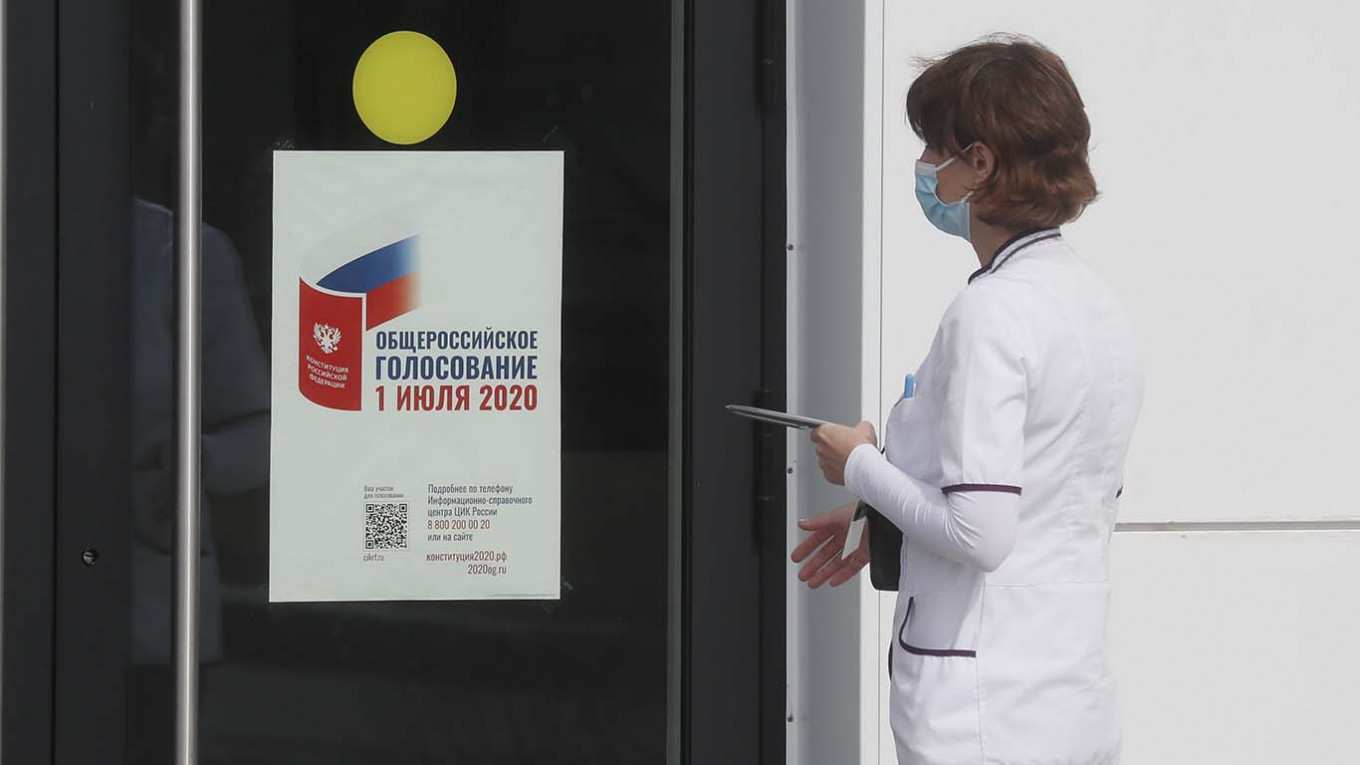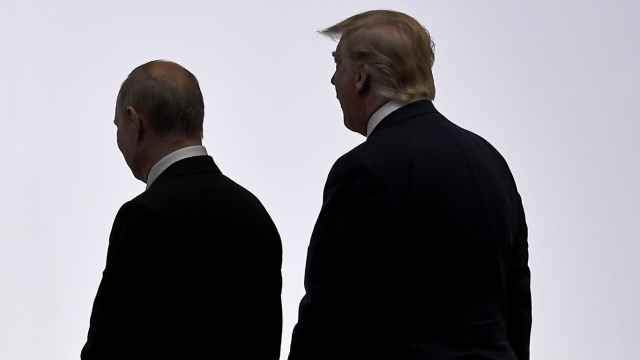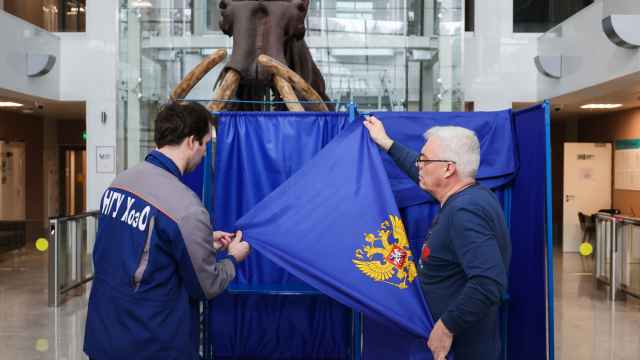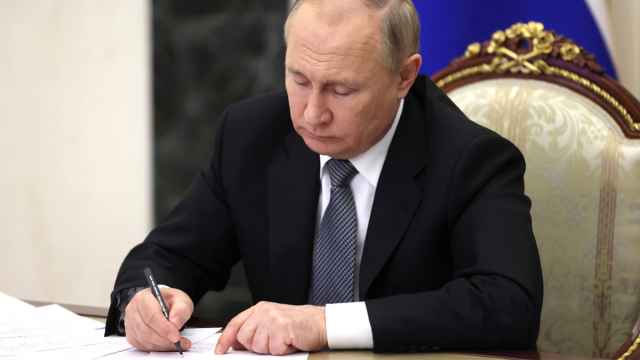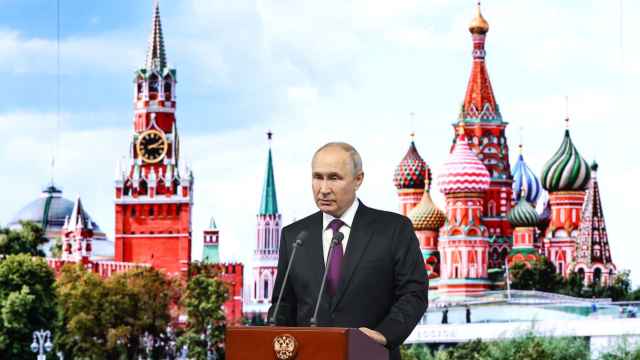Millions of Russians are set to go to the polls starting Thursday to vote on a package of constitutional amendments proposed by President Vladimir Putin earlier this year.
Putin unleashed a political storm in January with the plan to overhaul the Russian Constitution for the first time since 1993. His proposal triggered the cabinet’s resignation and the appointment of a new, technocratic prime minister.
The June 25-July 1 plebiscite on the reforms was initially scheduled for April 22 before the coronavirus pandemic scuttled the plans. Lawmakers, the Constitutional Court and Putin himself backed the changes in March, but the Kremlin has said they won’t go into effect unless a majority of the public votes in their favor.
The Moscow Times looks at some of the key political and social changes which will be enshrined in Russia’s new Constitution if Russians vote in their favor:
Putin 2036
The amendments pave the way for Putin to rule for 12 more years by allowing a sitting or a former president to run for office no matter how many terms they have previously held.
Putin, who has served as either president or prime minister since 1999, could serve two more six-year terms after his current stint ends in 2024. Putin, 67, has not ruled out running for office again.
Critics have accused authorities of omitting this provision in information guides for voters. The clause “resetting” Putin’s presidential terms to zero did not appear until lawmaker Valentina Tereshkova, the first woman in space, proposed it, with Putin approving it in a carefully choreographed move.
National law
The amendments prioritize the Russian Constitution over international treaties and other acts.
Experts view the change as targeting Europe’s top human rights court, where Russia remains the runaway leader in the number of cases and has amassed millions of euros in fines for violating citizens’ rights.
Europe’s constitutional advisory body urged Russia to remove or reword the clause, but a senator who pushed through the reforms made clear Friday that Russia won’t tweak the amendments despite the European advisory body’s position.
Heterosexual marriage
The amendments would add language defining marriage as a union between a man and a woman to Russia’s basic law, one of the most widely discussed constitutional changes among the Russian public.
A recent online ad promotes the vote by depicting a dystopian future in Russia where gay couples could adopt children. Russia has already officially banned gay adoptions amid a slew of anti-gay laws.
Putin has long sought to cast himself as a defender of traditional values and rally support by promoting anti-Western and conservative ideas.
Faith in God
The amendments also enshrine the mention of “faith in God” in the Constitution. While most Russians identify as Orthodox Christians, the country is officially secular and is home to Muslims, Buddhists and people of other faiths.
Putin has pivoted to more conservative policies in recent years, with groups promoting fundamentalist Orthodox Christian views gaining more legitimacy and liberal viewpoints attacked as Russia's relations with the West have soured.
Kremlin power
The amendments strengthen the presidency compared to regional and local authorities.
The Kremlin had previously described the constitutional changes as a redistribution of power from the presidency to parliament. Putin’s proposals grant lawmakers the authority to appoint cabinet members and dismiss “dishonorable” judges.
Economic reforms
The package of amendments also includes economic guarantees, such as pledges to adjust pensions to inflation and a guaranteed minimum wage.
No giveaways
The amendments also ban giving away Russian territory to other countries. Observers link this provision to Crimea, which Russia annexed from Ukraine in 2014 in a move that spurred sanctions and backlash from the international community.
How does the vote work?
Around 1.2 million residents of Moscow and Nizhny Novgorod can vote online between Thursday and Tuesday.
Nearly 100,000 polling places, which can be found either on the public services’ or election commission’s website, are open for voters across all Russian regions.
Those unwilling to say “yes” or “no” to the constitutional amendments in person or online can arrange an at-home vote with election officials over the next week.
A Message from The Moscow Times:
Dear readers,
We are facing unprecedented challenges. Russia's Prosecutor General's Office has designated The Moscow Times as an "undesirable" organization, criminalizing our work and putting our staff at risk of prosecution. This follows our earlier unjust labeling as a "foreign agent."
These actions are direct attempts to silence independent journalism in Russia. The authorities claim our work "discredits the decisions of the Russian leadership." We see things differently: we strive to provide accurate, unbiased reporting on Russia.
We, the journalists of The Moscow Times, refuse to be silenced. But to continue our work, we need your help.
Your support, no matter how small, makes a world of difference. If you can, please support us monthly starting from just $2. It's quick to set up, and every contribution makes a significant impact.
By supporting The Moscow Times, you're defending open, independent journalism in the face of repression. Thank you for standing with us.
Remind me later.


